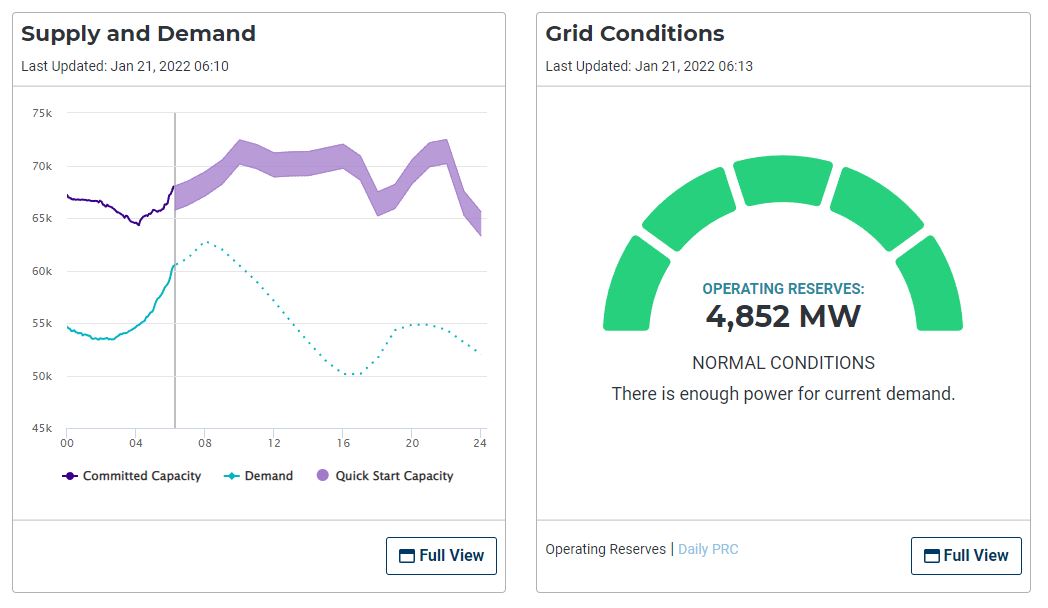Memorial Hermann and Blue Cross reach crucial agreement for Houstonians
hand shake
Nearly 200,000 Memorial Hermann Hospital patients can take a deep breath after the hospital system announced on Friday, March 11, that it has reached a deal with Blue Cross Blue Shield of Texas.
Memorial Hermann's contract with the state's largest insurer expired at the start of the month after a disagreement over contracting out the hospital's physician's network.
Both organizations announced they no longer had a contract, meaning patients would have to pay out-of-network costs.
After ongoing negotiations, a four-year deal was made, and Blue Cross Blue Shield patients at Memorial Hermann should not experience any further disruption in their care, effective immediately.
"Through determined efforts on both sides, Blue Cross and Blue Shield of Texas has reached an agreement with the Memorial Hermann Health System and its physicians," the insurance provider said in a statement. "The new four-year agreement allows BCBSTX members continued access to Memorial Hermann hospitals throughout the Houston region while expanding future access to Memorial Hermann providers for our Blue Advantage HMO members."
---


 Apple doubles down on Houston with new production facility, training center Photo courtesy Apple.
Apple doubles down on Houston with new production facility, training center Photo courtesy Apple.